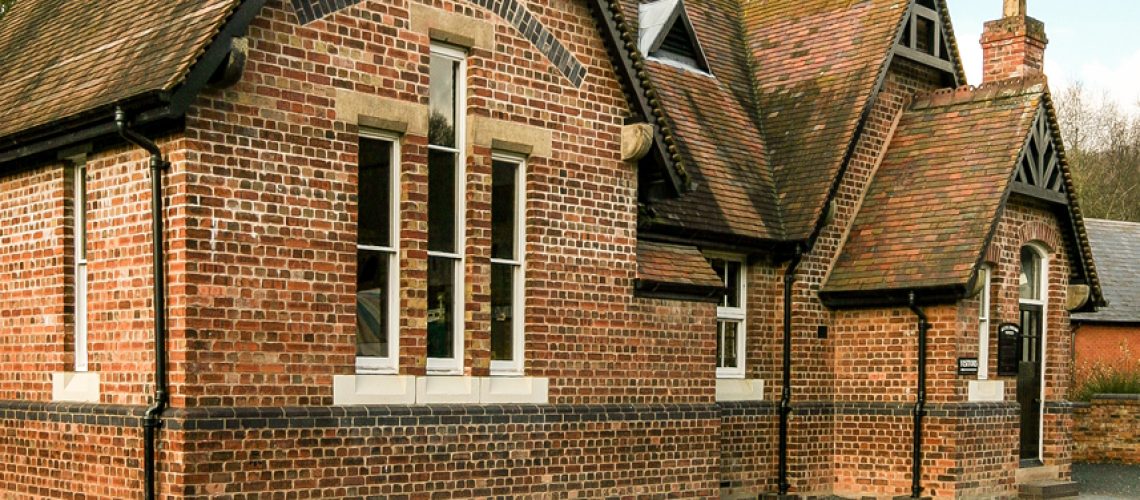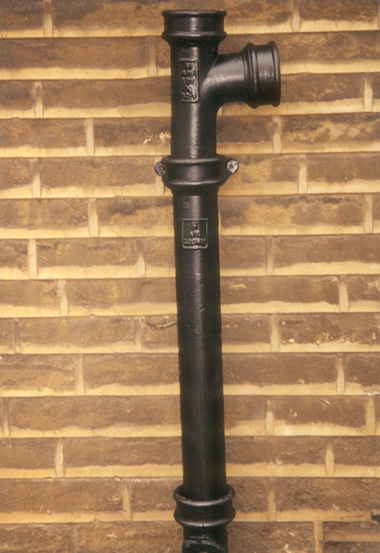


Cast iron soil pipe systems were once the most popular choice for drainage systems in both commercial and residential buildings. Today, many older buildings are still utilizing these systems, which can present unique maintenance and repair challenges.
You may be wondering why anyone would choose to use a cast iron soil pipe system in a brand-new building when there are so many other options available. The truth is that these systems have many benefits that still make them a great choice for many applications. cast iron soil pipe systems are strong, durable, and can last for many years when properly maintained.
Cast iron LCC soil pipe is a material that was first used in the 1800s for indoor plumbing. It was made of cast iron, which made it durable and resistant to corrosion. Later on, a galvanized coating was added to help prevent rusting.
Cast iron LCC soil pipe is still used today in historic buildings and renovation projects because of its durability and classic look. It’s also more affordable than other piping materials and is easier to repair.
Cast iron LCC soil pipe systems have been used in buildings for centuries and there are many reasons why they are still a popular choice today.
For a start, cast iron LCC soil pipe systems are incredibly durable and can last for decades with minimal maintenance. They are also resistant to rust and corrosion, meaning they can withstand even the harshest of environments.
Another benefit of cast iron LCC soil pipe systems is that they are incredibly easy to repair and maintain. If a pipe becomes damaged or blocked, it can be easily replaced without having to rebuild the entire system. This makes them a cost-effective option for historic buildings that need to adhere to strict preservation guidelines.
One of the most common issues is corrosion. This can be caused by several factors, such as water damage, soil acidity, or chemical exposure. If you notice any rust or pitting on your pipes, it’s important to take action right away to prevent further damage.
Another issue that often arises is tree root infiltration. Over time, tree roots can grow into pipelines and cause blockages. This can be difficult to resolve, especially if the pipe is located underground.
Finally, another common problem is displacement. If the soil around your pipes shifts or freezes, it can cause the pipes to move and break. This can be a particularly big issue in cold climates.
If you’re experiencing any of these problems, there are a few solutions that you can try. One option is to replace the entire system with new cast iron LCC soil pipes. However, this can be expensive and time-consuming.
Another option is to repair the damaged sections of the pipe. This can be done using a variety of methods, such as welding, patching, or lining. If you’re not sure which option is best for you, it’s best to consult with a professional contractor who knows how to work with traditional cast iron LCC soil pipes.
When it comes to repairing or replacing traditional cast iron LCC soil pipes, there are a few common problems and solutions that you should be aware of.
One of the most common issues is corrosion. This can be caused by several factors, such as water damage, soil acidity, or chemical exposure. If you notice any rust or pitting on your pipes, it’s important to take action right away to prevent further damage.
Another issue that often arises is tree root infiltration. Over time, tree roots can grow into pipelines and cause blockages. This can be difficult to resolve, especially if the pipe is located underground.
Finally, another common problem is displacement. If the soil around your pipes shifts or freezes, it can cause the pipes to move and break. This can be a particularly big issue in cold climates.
If you’re experiencing any of these problems, there are a few solutions that you can try. One option is to replace the entire system with new cast iron LCC soil pipes. However, this can be expensive and time-consuming.
Another option is to repair the damaged sections of the pipe. This can be done using a variety of methods, such as welding, patching, or lining. If you’re not sure which option is best for you, it’s best to consult with a professional contractor who knows how to work with traditional cast iron LCC soil pipes.

If you’re an owner of a historic building and thinking about replacing your traditional cast iron soil pipe system, there are a few things to take into consideration.
Firstly, make sure you seek the help of a certified plumbing professional before embarking on any kind of repair or replacement. It is almost certain that your traditional cast iron LCC soil pipe system has deteriorated over time and requires extensive repairs and replacement before you can safely use it again.
The main thing to look out for is corrosion. This can be difficult to spot and requires a professional with experience in this field to properly assess the condition of the pipes and fittings. This includes checking for blockages, build-up of mineral deposits, leaks, breaks, and other faults that could undermine the integrity of the system.
It’s also important to keep in mind that this type of repair work may require you to adhere to strict guidelines and regulations set by your local governing body. So doing your research ahead of time is key in ensuring a successful repair job!
When it comes to keeping your historic building’s traditional cast iron LCC soil pipe system in good condition, several factors can affect how long it will last.
The first factor is the climate. Is the surrounding environment dry or humid? Are there extreme weather variations? Are there any corrosive compounds in the soil? Knowing this information will help you choose the best pipe for your installation and inform you of any materials that may need to be replaced over time.
In addition, the frequency of use is also an important factor. If your building has a lot of foot traffic and/or is used frequently, then you may need to replace certain parts sooner than expected. Finally, proper maintenance is key. Make sure all connections are secure and free of debris, inspect pipes regularly for signs of wear and tear or corrosion, and use protective coatings where necessary. Following these steps will help ensure your building’s traditional cast iron LCC soil pipe system will last for years to come.
When it comes to historic buildings, it is important to utilize materials that will not only stand the test of time but will also maintain the character and integrity of the building. are a great option for this, as they are strong and durable, yet also maintain a traditional look and feel.
If you require repair or replacement of your cast iron LCC soil pipe system, you can rely on Tuscan for professional advice and support. Cast iron LCC soil pipe systems from Tuscan Foundry are a great choice for this purpose. With a rich 143-year history of producing cast iron products, Tuscan Foundry is one of the oldest and most experienced suppliers in the UK. Their soil pipe systems offer a wide range of advantages over more modern materials, not least of which is the ability to provide a final product that is more esthetically pleasing.
Tuscan Foundry has built its reputation on its commitment to quality and its dedication to its craft. Products of only the highest grade of cast iron, and are dedicated to upholding the strict quality standards of the industry. Our LCC soil pipes are made from a special composition of cast iron and are highly durable, providing years of dependable service. They also come in a variety of designs and sizes, ensuring that there is something to fit every unique application.
In addition to their high quality, another thing that sets Tuscan Foundry apart from the competition is its use of modern technology. With their new and improved equipment, they can supply the highest-grade cast iron soil pipes with greater precision and accuracy. Every single product is made with the utmost attention to detail and meets the strictest standards for quality and safety.
Overall, Tuscan Foundry presents a great choice for any historic building that is looking to maintain its character while also utilizing a high-quality soil pipe system. With their commitment to quality and their use of modern technology, they can provide an unmatched product that will truly stand the test of time.